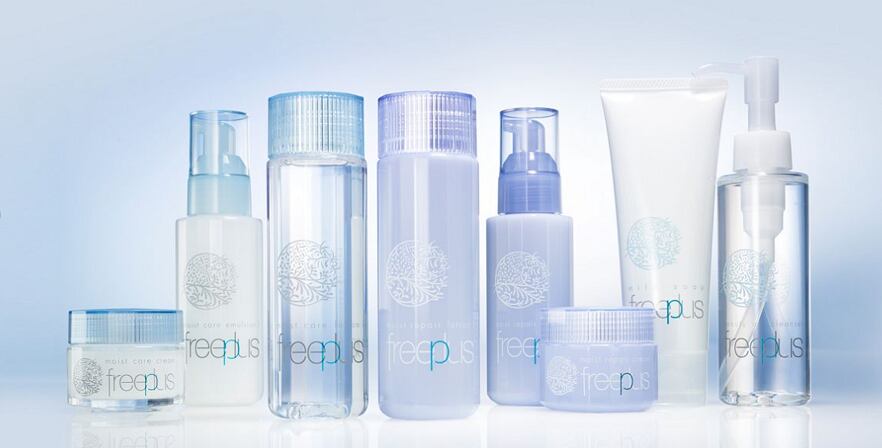According to the researchers, the Microbial index of Skin Health (MiSH) has the potential to diagnose AD, assess the risk-prone state of skin, and predict treatment response in children across human populations.
"MiSH can quantitatively assess paediatric skin health across cohorts from distinct countries over large geographic distances and can identify a risk-prone skin state and predict treatment effect in children, suggesting applications in patient stratification and personalized treatment in the clinics and in the skin care industry,” said lead author Sun Zheng.
The results were first published in mSystems, a journal issued by the American Society for Microbiology.
Accurate identification
Eczema, or atopic dermatitis, affects an estimated 15% to 30% of children worldwide. Previously, eczema was identified via a scaling system where a physician observes a patient with multiple symptoms than add up to eczema.
The team hypothesised that the skin microbiome could be utilised to analyse skin health, similarly to how the composition of microbes present in the gut can indicate health or diet issues.
In addition, understanding the skin microbiome can help researchers predict how the skin may react to specific treatments, say the researchers.
However, the skin microbiome can differ between human populations due to the environment, health status, diet and other mitigating factors.
“Due to the variance, the ability to use skin microbiome as an indicator of skin health that applies across large geographic ranges has remained largely unexplored,” said Xu Jian, senior author and director of the Single-Cell Center and Shandong Key Laboratory of Energy Genetics at the Qingdao Institute of Bioenergy and Bioprocess Technology (QIBEBT) of the Chinese Academy of Sciences (CAS).
To overcome this hurdle, researchers assessed children with healthy skin and those with eczema from three different cities in China and the US – Beijing, Qingdao and Denver– which have vastly different environments.
The team managed to identify 25 bacterial genera in the skin microbiome, which led to the development of MiSH.
According to Sun, the scale can identify eczema with 83% to 95% accuracy within each city and with 86.4% accuracy across all cities.
Next, the researchers plan to further study the mechanisms by which the index helps predict skin health and refine how well it predicts treatment response in larger and wider cohorts.





